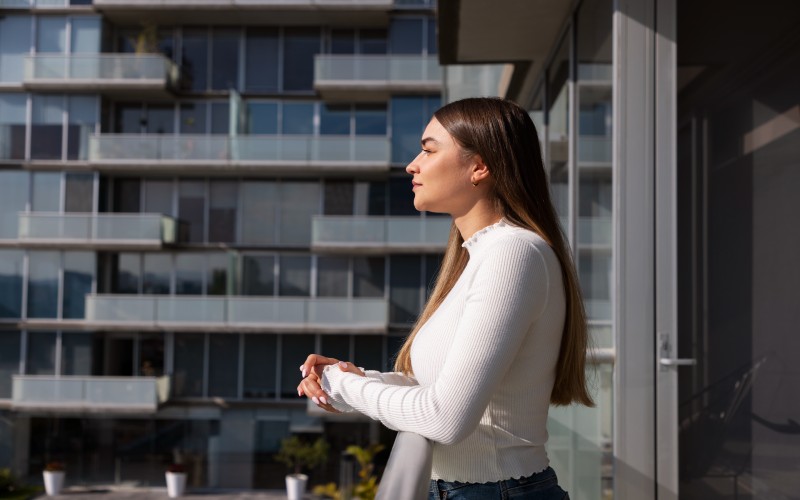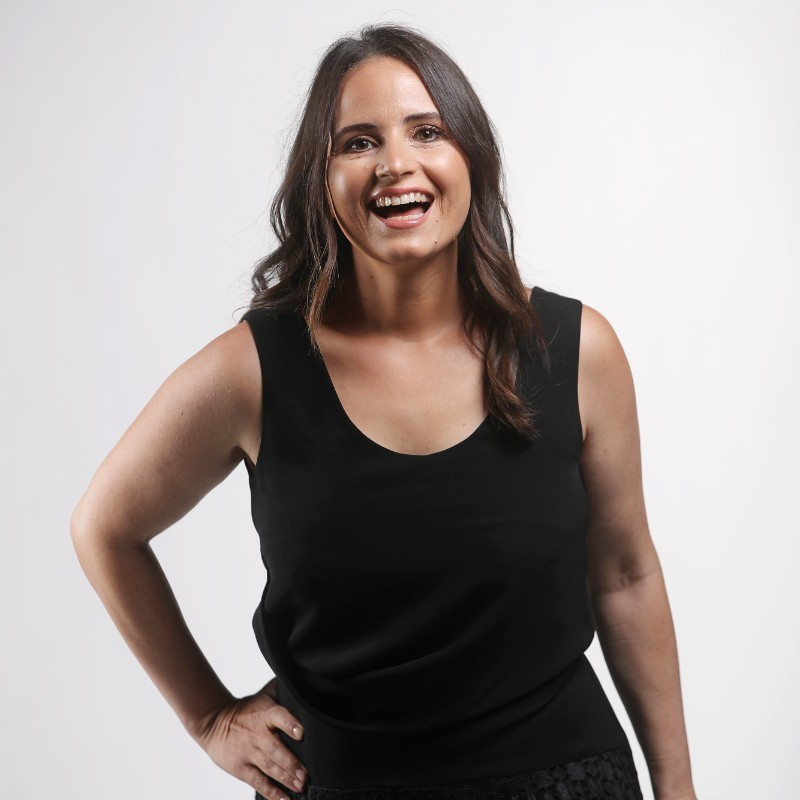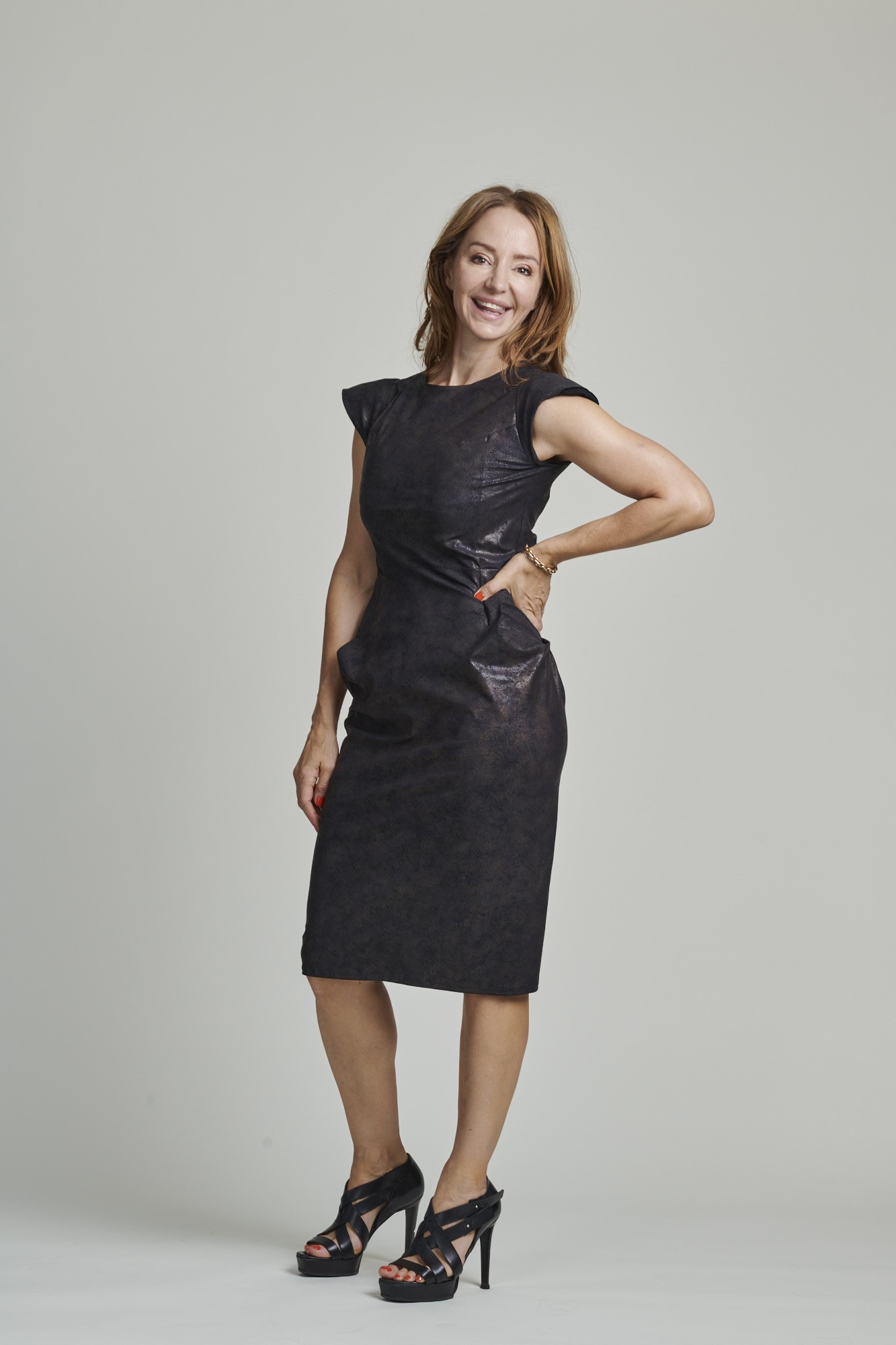
This article has been republished from the August edition of the digital magazine.
More than 150 years ago in Australia, women couldn’t vote, couldn’t access the contraceptive pill (unless they had a husband), couldn’t drink in public bars, and had little to no abortion rights. When you think about how the world looks today in 2023, we’ve progressed in leaps and bounds. But we still have a way to go.
According to CoreLogic’s Women & Property Report 2023, men have the highest level of investment property ownership in Australia at 36.3%, compared with 29.5% of investment properties that are owned by women, and even higher than joint male-female ownership of investment properties (34.2%). Taking into account joint male-female ownership, males were identified as owning almost 7% more of the investment properties analysed in Australia.
The report also found that based on average weekly earnings data and the median Australian dwelling value in January ($708,613), it would take 8.3 years for a man to save a 20% deposit and 9.4 years for a woman to save the same amount.
The Annual Property Investor Sentiment Survey 2022 conducted by the Property Investment Professionals of Australia (PIPA) found only 27% of property investors surveyed were women while 71% were men.
A recent Victorian parliamentary inquiry found only about 34% of women who separate manage to own a home within five years and only 44% do so within 10 years, with stamp duty a major reason why. Divorced women were also three times more likely to rent at age 65 than married women, the inquiry found.
PIPA Chair and co-author of The Female Investor – Creating Wealth, Security, & Freedom Through Property Nicola McDougall said publicity surrounding the gender pay – and superannuation – gaps was starting to hit home for women of all ages.
“When we released our book last year, we did get pushback from some people who questioned why it was written specifically for women, which was annoying but, alas, not surprising,” Ms McDougall said.
“The reasons we wrote the book for women was because of the lack of female voices and authors in the property investment space, but also because only 27% of women identify as investors – and now we have learned that if a woman gets divorced, she has less than a 50/50 chance of continuing to be a homeowner – which is appalling.”

Real Estate Institute of Queensland (REIQ) CEO Antonia Mercorella said gender pay figures hid the stark reality of poorer financial results for women throughout their lives.
“According to the Workplace Gender Equality Agency, Australia’s national gender pay gap is 13.3% – similar to what it was three years ago,” Ms Mercorella said.
“To put this into perspective, women are earning on average about $253.50 less per week than men, which over the course of a year adds up to about $13,000.
“Over a decade, the gender pay gap may mean that women are more than $131,000 worse off than men financially, with that figure rising to more than a quarter a million dollars over 20 years.”
Ms McDougall said in the past, women may have been nervous about buying a property as a home or an investment - but that’s quickly changing.
“Society has changed significantly since the days when women stayed at home to look after their children while their husbands were the main breadwinners,” she said.
“However, more and more research and lived experiences are proving that the financial outcomes for women are generally going to be poorer than men – and especially for those who separate or divorce.”
A report by ME Bank found that women are a growing force in the property market, with the number of single female home loan applications increasing during the strong property price growth in 2021.
Women are also borrowing more, with the average loan size for a single female mortgage increasing by 7% to $411,752 in 2021.
And while the CoreLogic report mentioned at the top paints a fairly bleak picture, it also showed the gender gap is narrowing - albeit slowly - 28.3% of property purchases in 2021 were made by women, up from 27.4% in 2020.
Sisters are doing it for themselves
“Buying an investment property is only for men”… said no one with a shred of credibility, ever. We spoke with three women who have both feet firmly planted in the world of property investing to find out how they got started, what they’ve learnt along the way, and what advice they would give to other women wanting to start their own property investment journeys.
Rosella Mangion
One woman closing the gender investment gap is Rosella Mangion, who began her investing journey six years ago when she bought an apartment in Paris while on maternity leave.
“As an Australian living in France and working for an international organisation, I did not benefit from French retirement nor Australian superannuation. I saw property investment as a sure way to securing my retirement,” she explained to Your Investment Property Magazine.
“I purchased at an opportune moment as three months after I purchased, the market value in Paris increased by 11%. Timing is everything.”

A major benefit of buying in France is that interest rates can be fixed for the life of the loan.
“I was able to borrow 100% of the loan amount. The interest rate was also very low at 1.57% p.a. for 25 years.”
With two investment properties under her belt (she bought a property in the Sydney suburb of Kensington in January this year), Rosella is now considering purchasing her third investment property.
“I’m looking to purchase another small apartment in Paris towards the end of this year to release as a short-term rental to maximise my opportunities during the 2024 Paris Olympics,” she said.
Rosella says her investing strategy has been to pick properties in good locations, snag them for a good price, and hold onto them for capital growth.
“Location is so important and I always try to find the best deals in the hotspots. I’ve tried to purchase at a lower price point or at market value, never above, with a view to profiting as soon as I buy,” she said.
“I also only rent out my Paris apartment to expats as I’m sure of the rent being paid. The apartment is neutrally geared and will soon be positively geared, with the tightening of the rental market in Paris.
“In Sydney, I plan on renting out my apartment after occupying it for two to three years. My long-term strategy is to hold onto the apartment for at least 10 years with a view to achieving a higher capital gain upon sale.”
Despite now amassing an impressive investment property portfolio, Rosella says she faced gender discrimination when she was beginning her investing journey.
“I would go into the bank in person with my baby and was dismissed each time, and told to save and then come back and make an appointment,” she said.
“This was interesting to me as I had enough income to support the loan I required. No one from the bank spoke to me about my options.”
She also experienced gender discrimination when renovating an investment property.
“I couldn’t sign the contract without my husband for my kitchen renovation - they wanted to discuss everything with my husband to ensure he agreed with everything right down to the design and colour choices, even though I was the legal owner of the property and dealing with the renovation myself.”
But she says women shouldn’t let this deter them.
“Find another way and find people willing to help. Use the skills you have to negotiate, stay calm, do your research, and know what you want as you’ll be tested and will have to prove yourself a little bit more,” she said.
It’s also important to keep emotions out of the buying decision.
“Try not to overpay for a property, even if you’ll be living in it. You don’t have to fall in love with the property - you just need to choose the best investment property, so go with location, price, and rental return in the area. Think like a man.”
Belinda Coniglio
Belinda Coniglio began her property investing journey in 2005 at the age of 23 with only $175 to her name.
“I didn’t really save - I dived right into buying a studio apartment in the inner city suburb of Mount Lawley in WA for about $125,000. I think there was less regulation by the banks in those days,” she told Your Investment Property Magazine.
“It was a studio and I remember members of my family laughing and saying it was a ‘bedroom in the city’. I even had a bed-warming party! I had lived in Italy on student exchange and saw that we (in Australia) don’t need the ‘white picket fence’ dream.”

The studio apartment doubled in price thanks to the Perth property boom in the early-mid 2000s.
“With a light refresh, I doubled my money when I sold the property in late 2006.”
But she says it hasn’t always been smooth sailing after subsequently making a bad investment decision.
“I learned a lot from my first investment. Not all investments will double in price within a year - that was the product of unique market circumstances.
“I then invested with my brother and his fiance thinking I was helping them get into the market but they could have done it without me, and it was messy to get out of. This set me back a couple of years.”
As a result, she recommends thinking seriously about who you get into bed with.
“I am a bit of a lone wolf like that as I like to do things solo. I am only having to consider the legal implications of a relationship now that I have a child with my partner. He owns half of our family home and this is the first time I’ve owned something with someone. I recommend you seek legal advice to protect your finances.”
Belinda says she was driven to get into property investing so she could make money and have the freedom to travel - which she was able to do after buying a two-bedroom apartment in Inglewood WA when she got back on her feet.
“If I look back now, it still was probably not the best time to buy, however, it made sure that I was in the market while I was living interstate and travelling. A combination of Airbnb and rental tenants meant that I paid the mortgage and continued to be very free.”
In 2014, Belinda purchased an investment property in Brisbane when prices were relatively low for apartments.
“It meant that I was paying the mortgage instead of paying rent. I only sold this recently, after almost nine years to use the capital for my current home - an off-the-plan purchase that I signed in 2020 to capitalise on COVID building grants.
“In the meantime, in March 2022 I also picked up another investment property in Mount Lawley which I have refreshed and intend to flip.
“I love buying little apartments for a light refresh to realise capital growth.”
Anissa Cavallo
An advocate for empowering middle-aged women to achieve financial independence through property investment, Anissa began to use property for investment purposes in her late 30s.
“I was a full-time executive (and breadwinner) with two very young children and I was burnt out. I worked in financial services and realised that our mantra was retirement and yet I was way off replacing my own income,” she told Your Investment Property Magazine.

“Since I had properties (that I hadn’t really thought about, I had just bought them because my parents told me I should), I decided to sell them to increase my financial portfolio to see if I could take some time off.
“I noticed that I had made more money out of my two properties in a few years than my other investments would make in many [more years]. I had a light bulb moment and decided that there was something in this.”
With SQM Research, she built a research methodology and followed exactly where it told her to invest.
“We built the research to find the areas most likely to produce the best growth areas without the risk. So I invested in areas that I didn’t want to live in and that my friends told me were not growth areas,” she said.
“Interestingly I still get that when I give advice to clients - sometimes their accountants, mortgage brokers, planners etc say ‘these areas won’t go up' and they reel off the areas near them. But they are wrong. Everything we think we know about property is often so wrong.”
She says her investment strategy is to focus on growth, not gearing.
“I invest where the growth is: population growth and affordability for the masses is a major consideration. I also look only at maximising land. I don’t invest in apartments or townhouses. My portfolio is focused on growth, not positive gearing because the yield will never match the amount of money I can make from growth.”
She says she’s experienced some gender discrimination, including being threatened by builders.
“One builder that didn’t want to pay us a fee that was due told me he knew where I lived and was coming over to ‘sort me out’. I was a bit rattled but realised it was all bravado.”
But most of her experiences have been positive.
“I work for myself and choose who I align with. Many of them are men (as there aren’t enough women in the industry) and the ones I work with are incredible. Many have become my friends. They love working with women because we approach things differently,” she said.
“For every d*****bag in the industry, there are also lots of impressive men that really support women.”
For other women wanting to start their own property investment journeys, she says the time to start is now.
“There is never the right time. If you have a job or a will to work, you can buy a property. Don’t miss out. There are so many ways to get into property - don’t listen to the bank, brokers or advisers that tell you that you can’t because I promise, you can,” she said.
“If you are so inclined, get some advice. While most property will make you some money over time, the right property will make you triple that in a shorter amount of time.”
But perhaps her biggest piece of advice is to hold onto properties long-term.
“Never sell. NEVER – hang onto that baby for dear life.”
Image via Freepik
